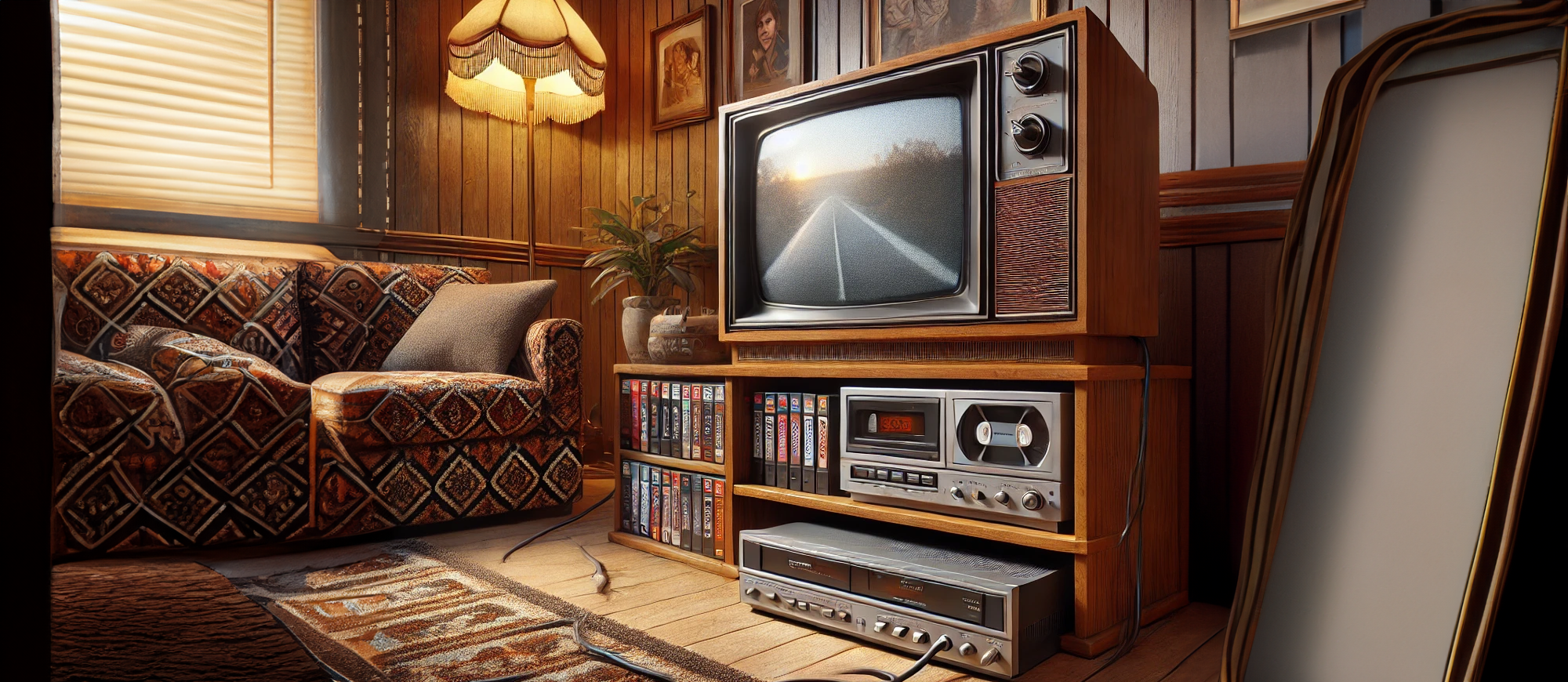This landmark Supreme Court case established the concept of “transformative use” under the fair use doctrine. The case involved 2 Live Crew’s parody of the song “Oh, Pretty Woman,” and the court ruled that the parody was protected as fair use because it added new expression and meaning to the original work.
The court’s decision emphasized that works are not infringing if they transform the original in a way that provides new insights, ideas, or expressions. For AI, this case is crucial, as it supports the idea that AI-generated outputs—if transformative—may also be protected under the fair use doctrine. As AI models often use existing copyrighted material to create something new, this case serves as a fundamental precedent for defending AI’s use of copyrighted content.
 Figure 17.
Figure 17.